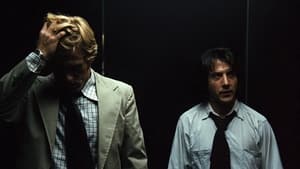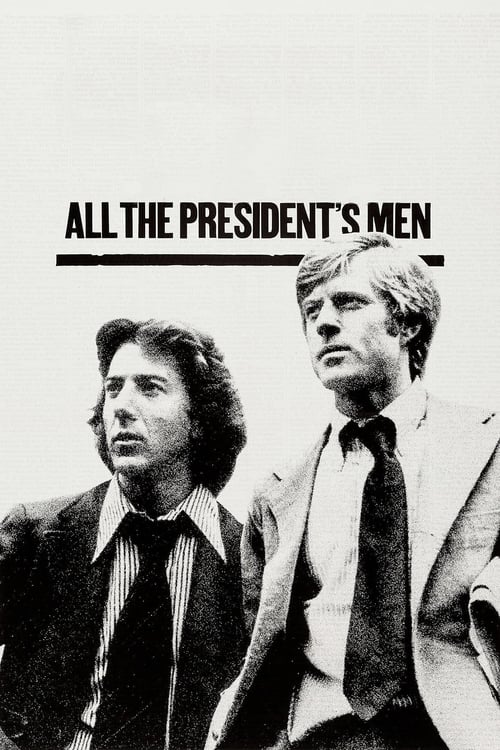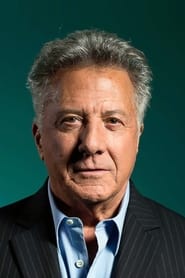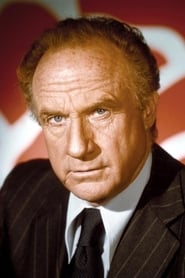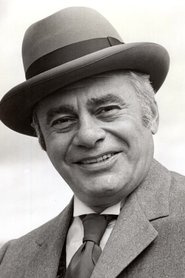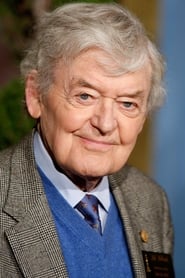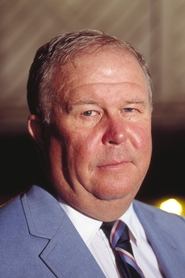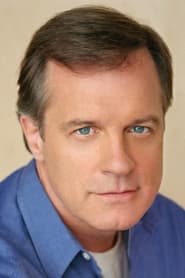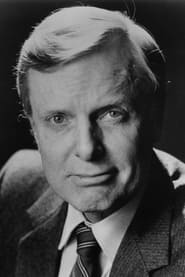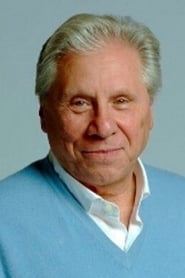Cast
View AllDustin Hoffman
as Carl Bernstein
Robert Redford
as Bob Woodward
Jack Warden
as Harry Rosenfeld
Martin Balsam
as Howard Simons
Hal Holbrook
as Deep Throat
Jason Robards
as Ben Bradlee
Jane Alexander
as Bookkeeper
Meredith Baxter
as Debbie Sloan
Ned Beatty
as Dardis
Stephen Collins
as Hugh Sloan
Penny Fuller
as Sally Aiken
John McMartin
as Foreign Editor
Robert Walden
as Donald Segretti
Frank Wills
as Frank Wills
F. Murray Abraham
as Arresting Officer #1
Crew
Director
- Alan J. Pakula
Producer
- Walter Coblenz
Reviews
CinemaSerf
Based on the true, ground-breaking, investigations by the Washington Post into the seemingly innocuous break-in into the Watergate Building; this film produces two of the finest performances ever committed to film. Dustin Hoffman already had some grittier parts in his repertoire; but for Robert Redford this is more of a departure from his usual roles and the rapport between the two, initially suspicious journalists, builds as we all begin to realise that there is a hell of a lot more to this than just some unlucky burglars. Jason Robards and Martin Balsam serve as the real life editorial leads at the newspaper, but also as characters we can all use to take stock during these rapidly advancing, and incriminating developments. Alan J. Pakula subtly and deftly takes us through the chronology in an enthralling manner; exposing crossing sub-plots and personalities - as well as demonstrating the palpable risks being taken by many to uncover the truth. We all know the ending, but this film is quite possibly the reason why many still recall this momentous story.
Jun 3, 2023
Filipe Manuel Neto
**Fifty years after Watergate, what have we learned?**
The “Watergate Affair” was fifty years ago. For those who don't remember or weren't born, it all started with the invasion of the Democratic Party offices in the Watergate Building, in Washington D.C., by a group of men, caught while trying to install bugs and copy documents. The group's connection to the CIA became obvious and, as the inquiries progressed, the story became more bizarre: after all, everything had been done under orders coming from within the White House, from people very interested in manipulating the elections that year, in which Richard Nixon was going to run for his second term against the Democratic candidate, George McGovern.
The film tells us about this, but stops here, focusing on the contribution of journalists from The Washington Post, who investigated the matter and published relevant information. The film doesn't say what happened next, but as we know, Nixon was re-elected and quickly found himself under suspicion about his involvement in the Watergate break-in. Nixon refused to give explanations, hiding behind his office prerogatives, not even when it became known that there was a voice recording system in his office. With Congress demanding to hear these recordings under serious threats of impeachment, Nixon preferred to resign and, since then, “Watergate” has been an eternal synonym of political corruption at the highest level.
Directed by Alan Pakula and released in the years following the events, the film would have needed no further explanation. The names of those involved and the details of the story would be fresh in everyone's memory. However, more than fifty years later, who remembers the details? As the film does not give us explanations, only people who know the subject well or have read about it will watch the film without needing to go to the Internet every ten minutes. Even I, a historian, needed to refresh my memory. Aside from this problem, the film is good and is faithful to the events and what the two “Post” journalists did.
There is another problem with this film, although it is a minor problem: at this time, in the 70s, it seems that a politician was required to have bulletproof morality and a virtually untainted character. And now? We are in 2024 and democracy, instead of maturing, seems to have rotted to the point that American citizens allow a former president, who is in the grip of justice and apparently involved in a direct attack against Congress (which represents all the people) to presents himself again as a candidate without any problems, ready to be carried on shoulders to a cabinet he should never set foot in again. I am not North American, but as a European I refuse to consider such a matter a mere internal issue, taking into account the role that the USA wants to maintain on the international stage, in NATO or in the UN. Unfortunately, the degradation of democracy happens here too, and has been taken advantage of by Putin, President Xi and other enemies of the free world, a world of peace and freedom that our fathers worked hard to build together, and we are letting disappear.
Returning to the film... it's worth seeing the performance of Dustin Hoffman and Robert Redford in two roles that helped a lot in the evolution of their careers. They are some of the best actors of that period and did a colossal job in this film. The supporting cast is equally remarkable and deserves our full attention. I particularly liked the work of Martin Balsam, Jack Warden and Jason Robards, outstanding actors who transformed three roles without much relevance into good additions to the general plot. And although we only learned more details recently, Hal Holbrook was an excellent choice to bring to life the mysterious “Deep Throat”, one of the decisive sources for linking Watergate with the White House.
Technically, it is a discreet film that bets everything on the rigorous reconstruction of the settings, environments and events. There are some very good sound effects (the association of the sounds of typewriters with the sound of gunshots was intelligent and well done, for example) and the lighting effects were equally well-used. Note the dark and mysterious atmosphere of the encounters with “Deep Throat”, with the light almost reduced to what is essential. The film deservedly won four Oscars (Best Sound, Best Adapted Screenplay, Best Art Direction and Best Supporting Actor) and was one of the big contenders for Best Film.
Mar 12, 2024
Thematic Analysis
As a dramatic work, All the President's Men examines complex human relationships and emotional struggles against the backdrop of a period setting that reflects societal issues of its time. The character development particularly stands out, offering viewers a chance to reflect on their own life journeys.
Director Alan J. Pakula brings their distinctive visual style to this film, continuing their exploration of themes seen in their previous works while adding new elements. Their approach to character development and emotional depth creates a viewing experience that rewards close attention.
Released in 1976, the film exists within a cultural context that now offers viewers historical perspective on the social issues of that era. Its critical acclaim reflects its artistic achievements and its place in cinema history.
Did You Know?
- The production of All the President's Men took approximately 34 months from pre-production to final cut.
- With a budget of $8.5 million, the film proved to be a financial success, earning back its investment and more.
- The final cut of the film runs for 138 minutes, though the director's initial assembly was reportedly 193 minutes long.
- The musical score contains over 78 unique compositions.
- The director insisted on using practical effects whenever possible, reserving CGI for only the most necessary scenes.
- The cast underwent specialized training for 3 weeks before filming began.
Historical Context
- In 1976, when this film was released:
- Disco music dominated popular culture.
- The Watergate scandal changed public perception of political institutions.
- The film industry was dominated by major studios, with independent cinema still in its early development.
How This Film Stands Out
While All the President's Men shares thematic elements with other films in its genre, it distinguishes itself through its unique approach to storytelling, visual style, and character development.
Unlike Shooter, which takes a more conventional approach to its subject matter, All the President's Men offers a fresh perspective through its innovative visual language and narrative structure.
While films like Smokin' Aces and Fearless explore similar territory, All the President's Men stands apart through its deeper exploration of its central themes and more complex characterization.
This film's unique contribution to cinema lies in its thoughtful balance of entertainment value and thematic depth, making it a valuable addition to its genre.
Details
- Release Date: April 9, 1976
- Runtime: 2h 18m
- Budget: $8,500,000
- Revenue: $70,600,000
